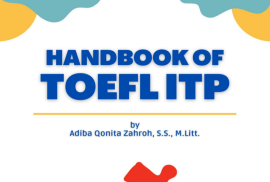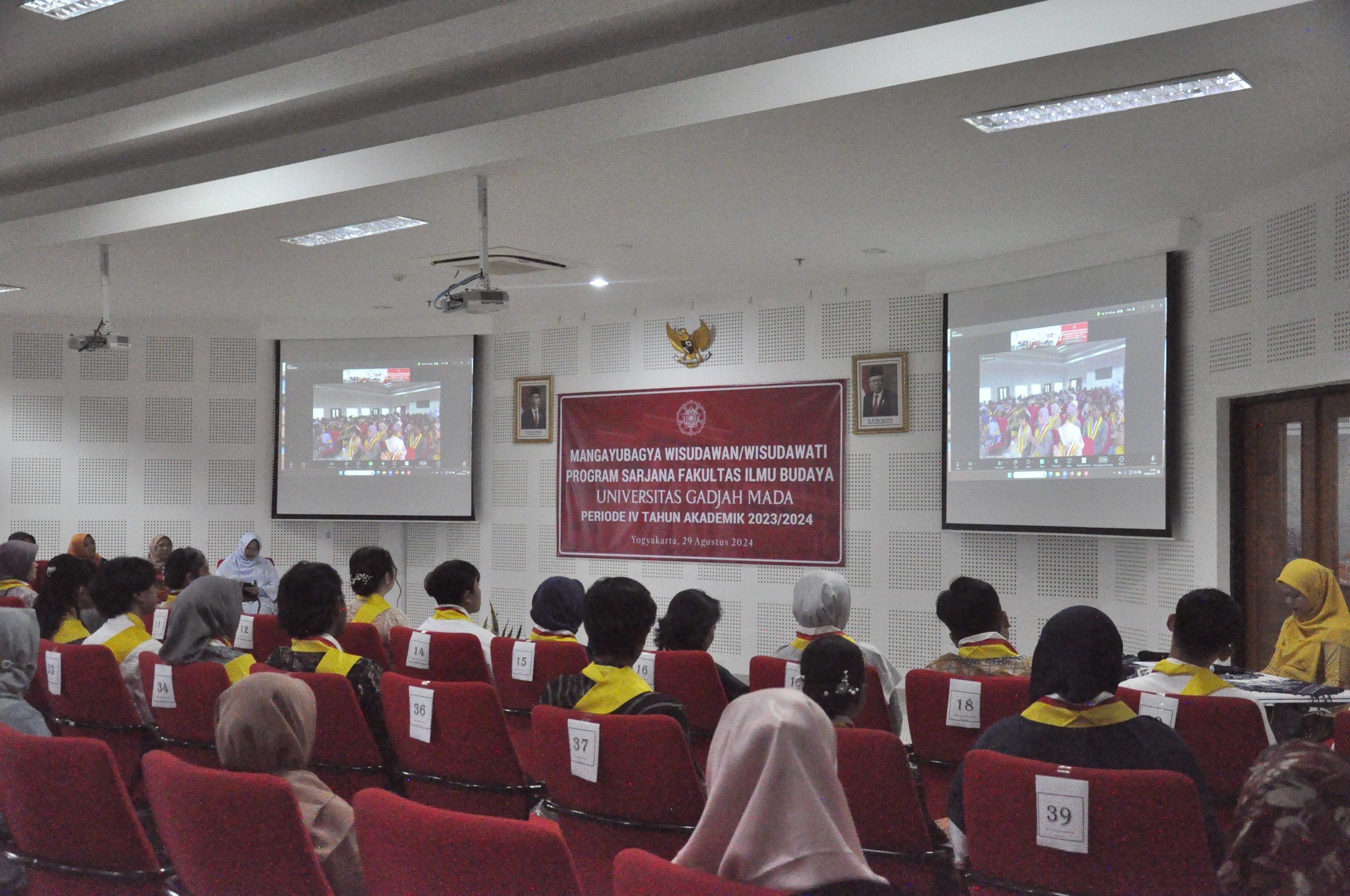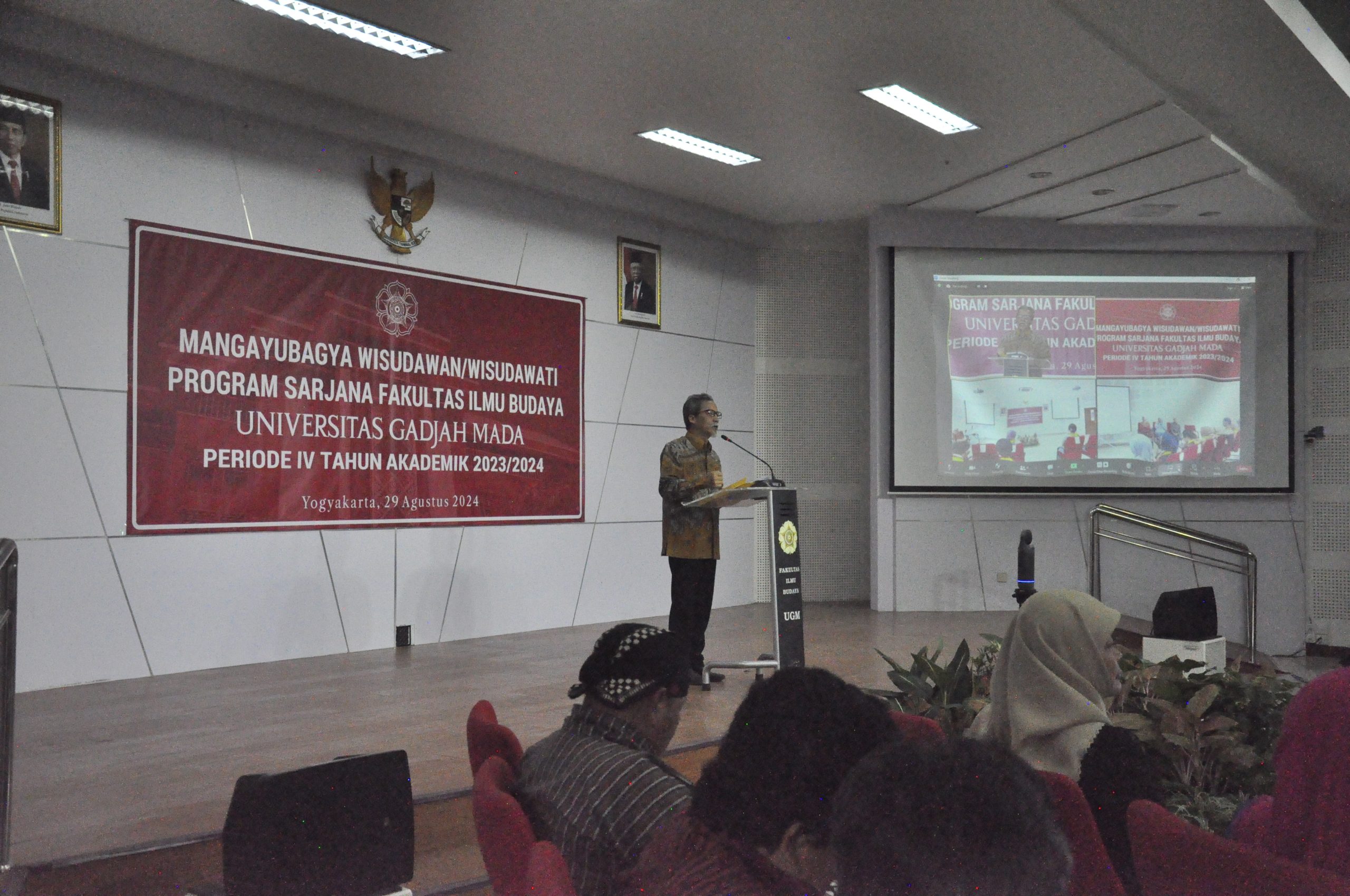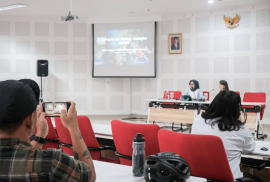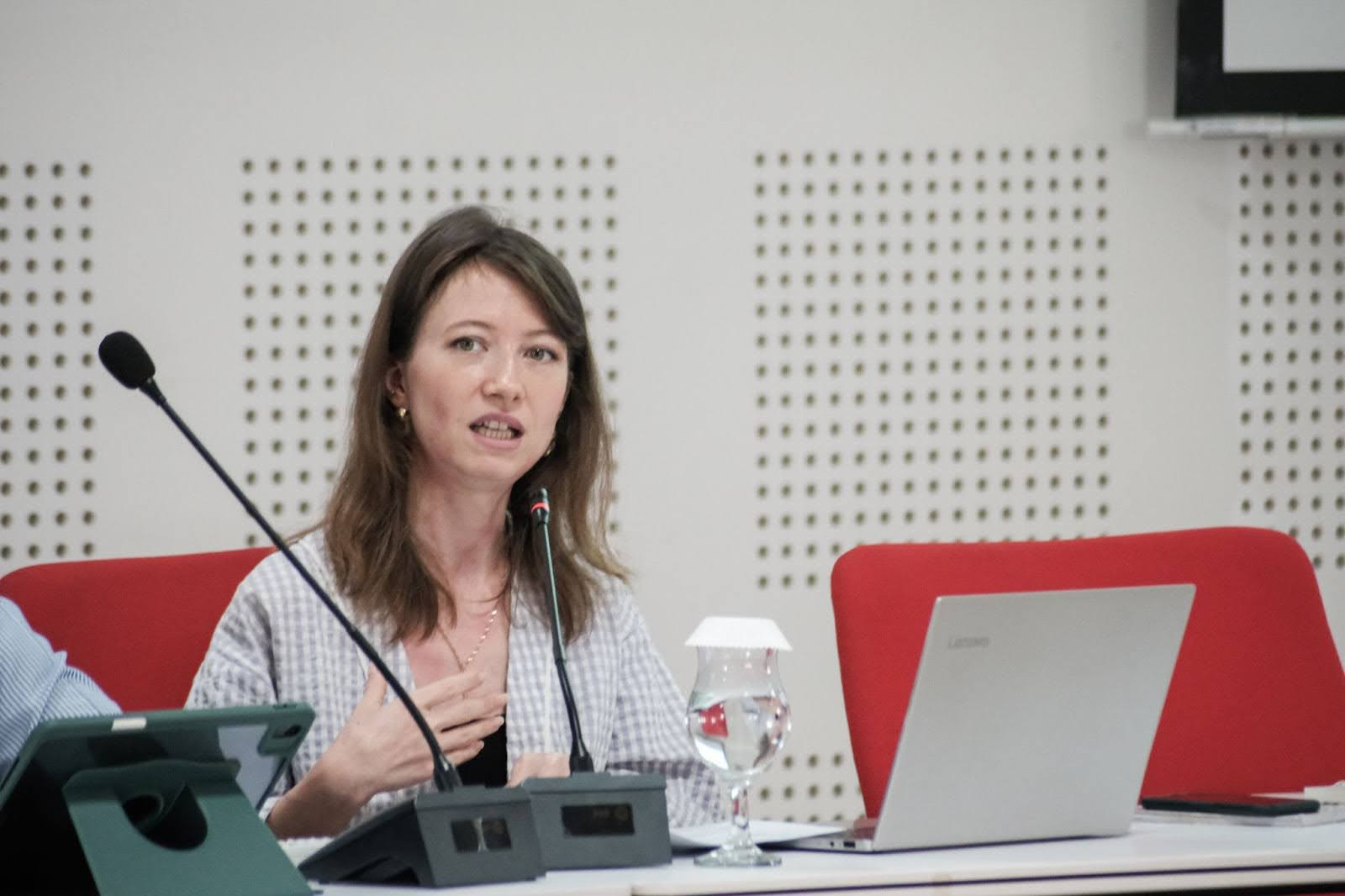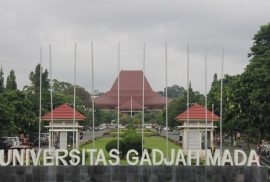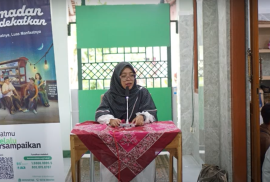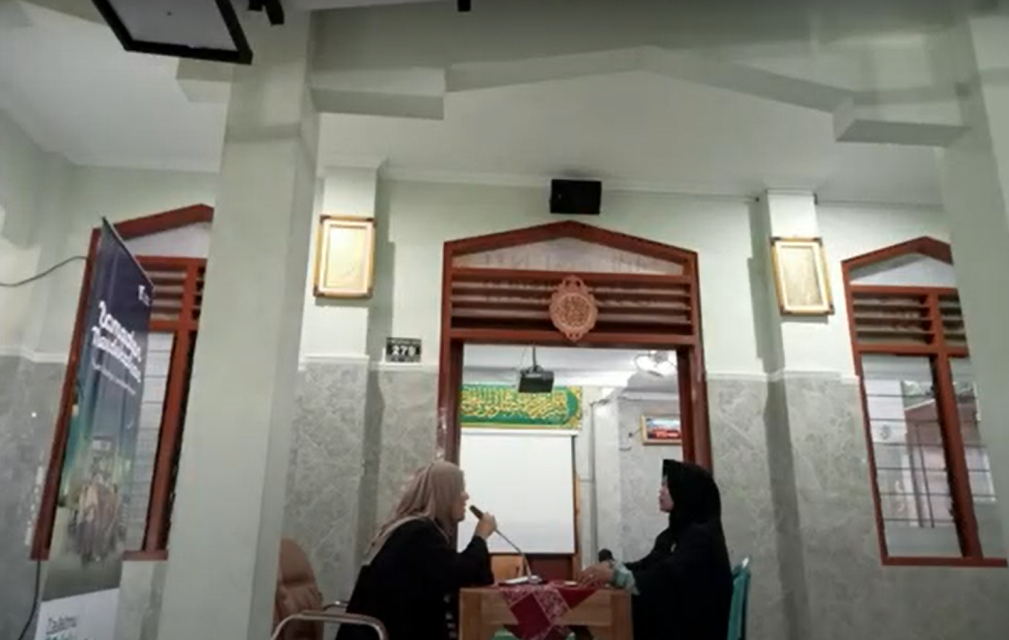At the ‘English and TOEFL ITP Training’ activity held on 24-26 June 2024 via online yesterday, Adiba Qonita Zahroh, S.S., M.Litt., who is an Expert Assistant at the Department of Language and Literature, Faculty of Cultural Sciences, Universitas Gadjah Mada, introduced a TOEFL Pocket Book. This book is specifically designed to help students, educators, and institutions in understanding and preparing for the TOEFL Institutional Testing Programme (ITP) exam.
The book, titled ‘Handbook of TOEFL ITP’, is a comprehensive guide that provides detailed information on the structure of the TOEFL ITP exam, question types, preparation strategies, as well as additional resources to ensure examinee success. ‘The purpose of this book is to provide a useful tool for those who want to better prepare for the TOEFL ITP. We hope that this book can be the main reference that facilitates the learning process and prepares test takers for the TOEFL challenge,’ said Adiba Qonita Zahroh.
This project has the support and co-operation of Bappenas NTB, demonstrating their commitment to educational development and exam quality improvement at the local level. This handbook is expected to be a valuable resource for various groups involved in TOEFL ITP preparation. With the launch of this book, Adiba Qonita Zahroh hopes to make a significant contribution towards improving TOEFL ITP exam results as well as supporting broader education efforts in the area.

